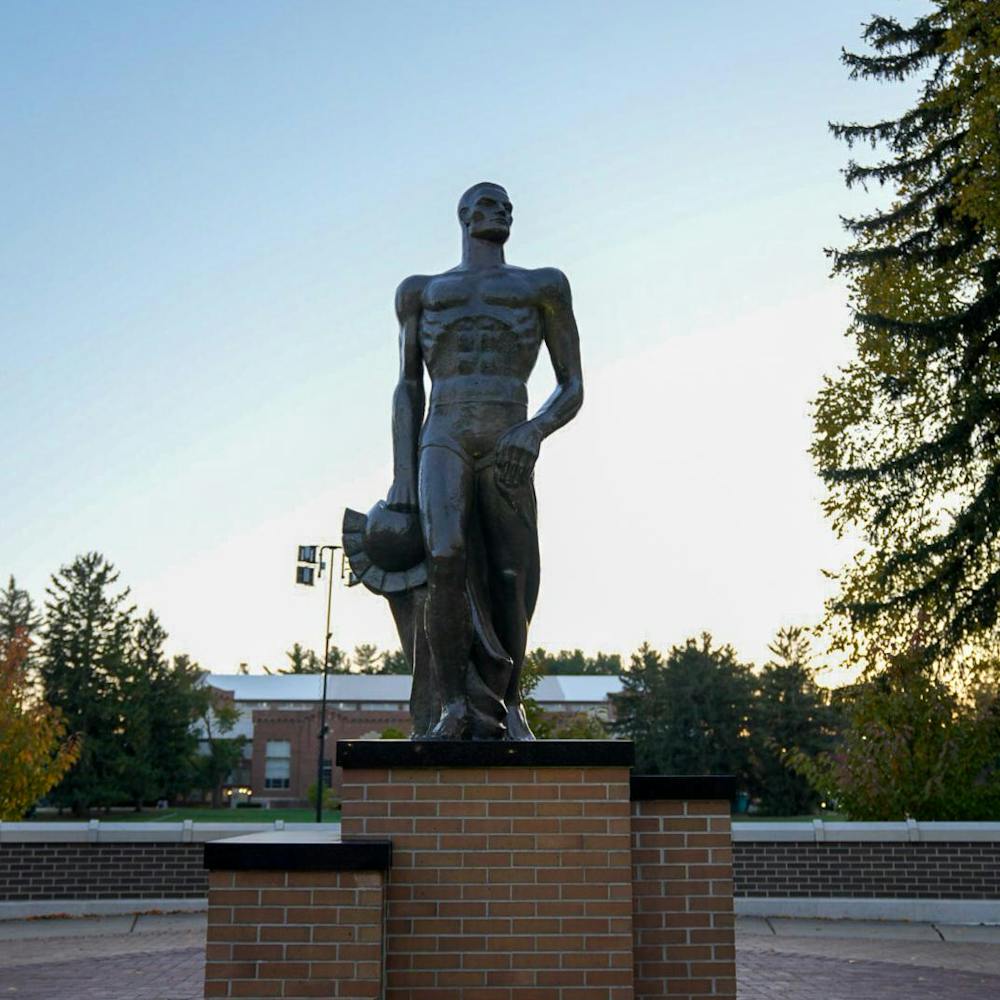After continued research by MSU’s College of Nursing on the alternative healing procedure of reflexology, new introductory classes on the holistic therapy are expected to be offered during the 2008-09 academic year at MSU.
The College of Nursing’s research showed positive outcomes in regards to pain and anxiety reduction in breast cancer patients undergoing chemotherapy, and prompted the idea of offering reflexology classes to nursing students, said Barb Brower, the course instructor and director of the mid-Michigan-based Branch Reflexology Institute.
Reflexology involves applying direct pressure to specific nerve-ending areas on a person’s feet and hands that reflexologists believe correspond to different parts of the human body. By working with the feet and hands, reflexologists are able to help people achieve anything from stress reduction to a quicker recovery after a broken bone, Brower added.
While a similar course was first offered online during summer class sessions beginning in 2007, nursing students will soon be able to learn reflexology hands-on, as the course becomes available either by the fall or spring semester, depending on how quickly the details of the course can be finalized, Brower said.
“We have never done an actual class like this before, so I am very excited to see the interest and get students involved,” she said.
Reflexology was first practiced in Egypt before appearing in hospitals in the United States in the early 1900s. It focuses on relieving tension, increasing blood supply and normalizing or balancing the body, Brower said.
“(Reflexology) is a science based on the principles that there are reflexes in the feet and hands that correspond to all the organs, glands and other parts of the body,” she said.
“When we get sick, injured or have large amounts of stress built up, our blood circulation slows down and can create pain and problems throughout our body.”
While parts of the course curriculum are still being decided, Brower said the course will focus on six main areas of the body including the spine, head and neck, shoulders, adrenals, hips and back that correspond to nerve endings in the feet and hands.
Healing occurs to the injured areas when pressure is applied to the nerve endings that correspond to that area, Brower added.
“The class will teach students how to find the guidelines of each area, as they learn how the body responds when those areas are being worked on,” she said.
Edward Rosick, a physician at the MSU Family Medicine Clinic, said although he does not practice reflexology, it is known to help a wide variety of ailments either by itself, or alongside Western medicine when used in an integrative approach.
“Reflexology is becoming one of the more popular alternative treatments we are seeing today,” Rosick said. “It is backed by scientific research, and I think it is a reasonable class to have at MSU.”
Becky Sundeen, a reflexologist in Lansing, said there could be no better time than now for nursing students to take advantage of a class concentrated on the principles of reflexology.
“We are at a point where more and more people want to know more about reflexology because it is a healing practice that does not involve taking medication, and is an all-natural procedure,” Sundeen said.
“It will help nursing students learn more about the human body, and get involved with a practice that is offering people another modality to help them feel better.”
Rachel McNaughton, a nursing junior, said while she knows little on the topic of reflexology, she thinks having a class designed to teach the principles of it would help give her, as well as other students, a larger spectrum of areas to study.
“It sounds like it could be a pretty interesting class,” McNaughton said. “It is something new and different, so I think it could be a beneficial class that a lot of people would be willing to take.”
Support student media!
Please consider donating to The State News and help fund the future of journalism.
Discussion
Share and discuss “MSU nurses to study alternative therapy method ” on social media.






